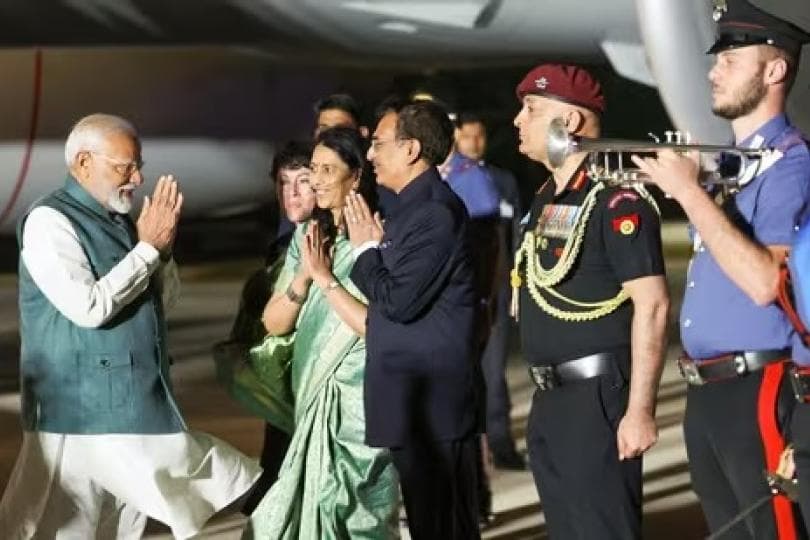Immigration and the Far Right’s Surge in Europe

Far-right parties have made significant gains in the European Parliament elections, revealing widespread dissatisfaction with national governments. This shift towards more conservative ideologies is expected to impact Europe’s policies on immigration, green transition, and support for Ukraine, with immigration emerging as a key factor.
In a bid to reassert authority, French President Emmanuel Macron has called for parliamentary elections on June 30 and July 7. Similarly, German Chancellor Olaf Scholz’s Social Democrats recorded their worst result ever, losing ground to mainstream conservatives and the far-right Alternative for Germany (AfD). Italian Prime Minister Giorgia Meloni’s position was strengthened by her Brothers of Italy party winning the most votes, according to exit polls.
While centrist parties still control most seats in the EU chamber, far-right parties will need to unite to significantly influence EU policy. The EU’s dominant parties are tightening immigration limits to reduce the appeal of anti-immigrant, populist right-wing parties. However, scholars believe this strategy will not reclaim many votes. As Europe and the U.S. approach crucial elections, understanding the interplay of demographic shifts and political dynamics is critical, especially recognising that emigration drives the rise of the radical right.
In contrast, the world’s largest democracy, India, is ensuring minority reservation and participation, and providing citizenship to persecuted minorities in neighbouring countries under the Citizenship Amendment Act. This approach highlights India’s commitment to democratic principles and aligns with the core theme of its G20 presidency, Vasudhaiva Kutumbakam, which translates to “One Earth, One Family, One Future.”
Meanwhile, In the first official visit of his third term, Prime Minister Narendra Modi is attending the G7 summit in Italy, where six working sessions will likely discuss the issues of migration, Africa, climate change, development, the Middle East, Ukraine, the Indo-Pacific, and economic security. The summit will also feature an ‘outreach’ session with invited nations and international organisations focusing on Africa, the Mediterranean, artificial intelligence, and energy. This further highlights India’s commitment to Critical issues like migration and climate change.


































